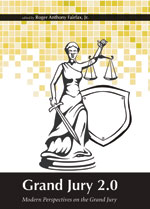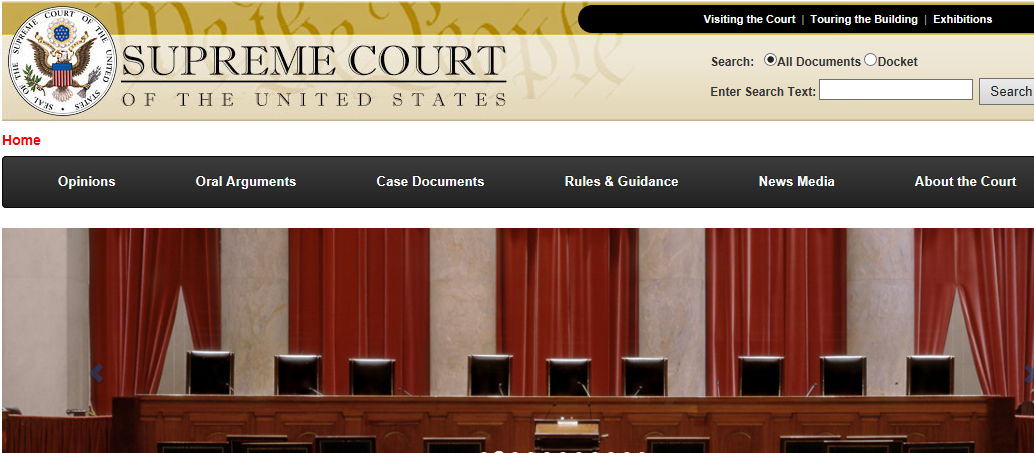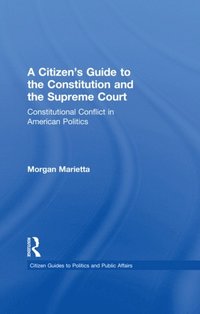The recent success of Brooklyn Law School’s BLIP clinic in bringing about the dismissal of the patent infringement case of 911 Notify LLC v. Carshield Services Inc. filed in U.S. District Court for the District of Delaware demonstrates how law students help real clients. The BLIP students represented a California-based startup called CarShield in defending a patent infringement lawsuit filed in January of this year. The complaint came with no prior notice, no warning and no demand letter. The plaintiff, a shell company called 911 Notify, appeared to be a classic patent troll. Since 2013, it had filed more than 35 patent infringement suits, including some against such companies as Ford Motor Co., Lowe’s Home Centers and BMW North America. The defendant determined that what the plaintiff really wanted was a settlement of over $250,000 to make the lawsuit go away.
CarShield, which makes a car-connection device to monitor and alert owners and emergency contacts in case of accident, breakdown or theft, had no intention of paying. Through the Patent Troll Defense Network, a group set up by the App Developers Alliance and law schools to help app developers and small businesses, they found the Brooklyn Law Incubator and Policy (BLIP) clinic. With BLIP’s help, six months after being served with the complaint, 911 Notify dropped the lawsuit. BLIP was able to fend off the plaintiff thanks to Brooklyn Law School students and their lawyer-adviser.
Brooklyn Law School Professor Jonathan Askin, Founder and Director of BLIP, showed his students the CarShield case and they agreed to take it on. Professor Askin said “They felt it was so egregious and a part of a systemic problem faced by startups. They knew a lot of companies couldn’t afford to litigate, but they would if they had support.”
Patent trolls win by offering to settle cases for less than the cost of the legal defense. With the help of the BLIP law school clinic, the cost of legal defense dropped to zero. In April, the students filed a motion to dismiss, arguing that the case should not have been filed in Delaware because the startup is based in California and had never sold its products in Delaware. By July, all briefs had been filed and the team of students was preparing for oral argument. On July 24, the day after CarShield formally requested the court schedule oral argument, 911 Notify officially dropped the lawsuit, without prejudice.
 Brooklyn Law School Law Library has ordered a book on the subject of patent trolls, Patent Trolls: Predatory Litigation and the Smothering of Innovation by William J. Watkins Jr. and William F. Shughart II. It describes how patent trolls use overbroad patents to threaten litigation and bring infringement suits against inventors. Also known as non-practicing entities (NPEs), patent trolls typically do not produce products or services but are in the business of litigation. They wait for someone to create a process or product that has some relationship to the patent held by the troll, and then they pounce with threats and lawsuits. The authors call attention to this problem and the challenges it poses to maintaining a robust rate of technological progress. After describing recent trends and efforts to “tame the trolls,” the book focuses on ground zero in patent litigation—the Eastern District of Texas, where a combination of factors makes this the lawsuit venue of choice for strategically minded patent trolls. It also examines a more fundamental problem: an outmoded patent system that is wholly ill suited for the modern economy. Finally, the book examines proposals for reforming the U.S. patent system, which was created to spur innovation but today is having the opposite effect.
Brooklyn Law School Law Library has ordered a book on the subject of patent trolls, Patent Trolls: Predatory Litigation and the Smothering of Innovation by William J. Watkins Jr. and William F. Shughart II. It describes how patent trolls use overbroad patents to threaten litigation and bring infringement suits against inventors. Also known as non-practicing entities (NPEs), patent trolls typically do not produce products or services but are in the business of litigation. They wait for someone to create a process or product that has some relationship to the patent held by the troll, and then they pounce with threats and lawsuits. The authors call attention to this problem and the challenges it poses to maintaining a robust rate of technological progress. After describing recent trends and efforts to “tame the trolls,” the book focuses on ground zero in patent litigation—the Eastern District of Texas, where a combination of factors makes this the lawsuit venue of choice for strategically minded patent trolls. It also examines a more fundamental problem: an outmoded patent system that is wholly ill suited for the modern economy. Finally, the book examines proposals for reforming the U.S. patent system, which was created to spur innovation but today is having the opposite effect.

 The BLS Library staff wish you all a Happy Holiday. See you all next year!
The BLS Library staff wish you all a Happy Holiday. See you all next year!
 The BLS Library has a number of titles in its collection on the subject of grand juries including
The BLS Library has a number of titles in its collection on the subject of grand juries including 

 The BLS Library Law Library has an extensive collection of books on the Constitution, its history and interpretation. To locate books on the history of the Constitution, use the SARA catalog to conduct a subject search using the phrase: United States — Constitutional history. Some recent acquisitions in the BLS Library collection include
The BLS Library Law Library has an extensive collection of books on the Constitution, its history and interpretation. To locate books on the history of the Constitution, use the SARA catalog to conduct a subject search using the phrase: United States — Constitutional history. Some recent acquisitions in the BLS Library collection include  Another recent acquisition to the BLS Library collection on the subject is
Another recent acquisition to the BLS Library collection on the subject is 

 Brooklyn Law School Law Library has ordered a book on the subject of patent trolls,
Brooklyn Law School Law Library has ordered a book on the subject of patent trolls,